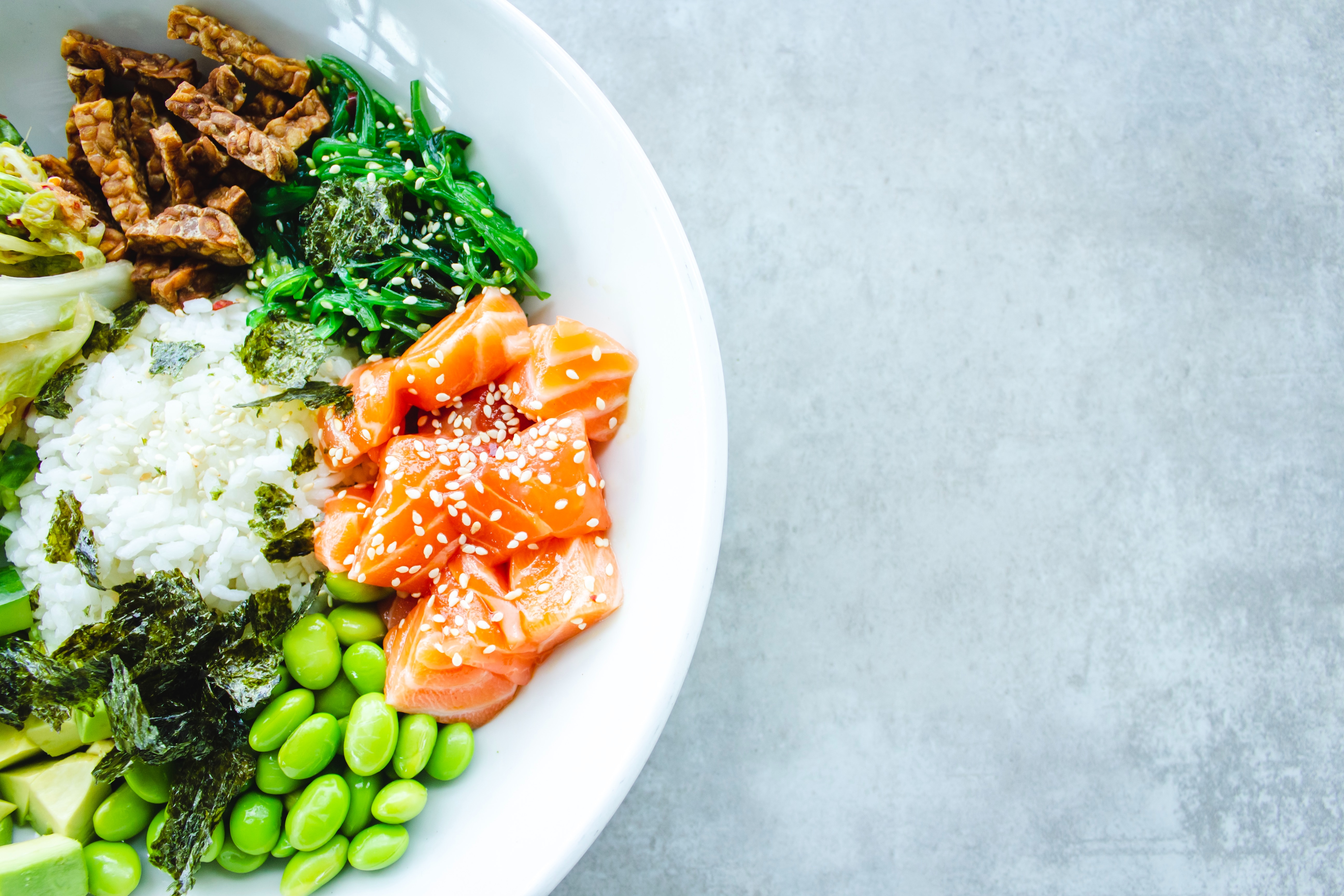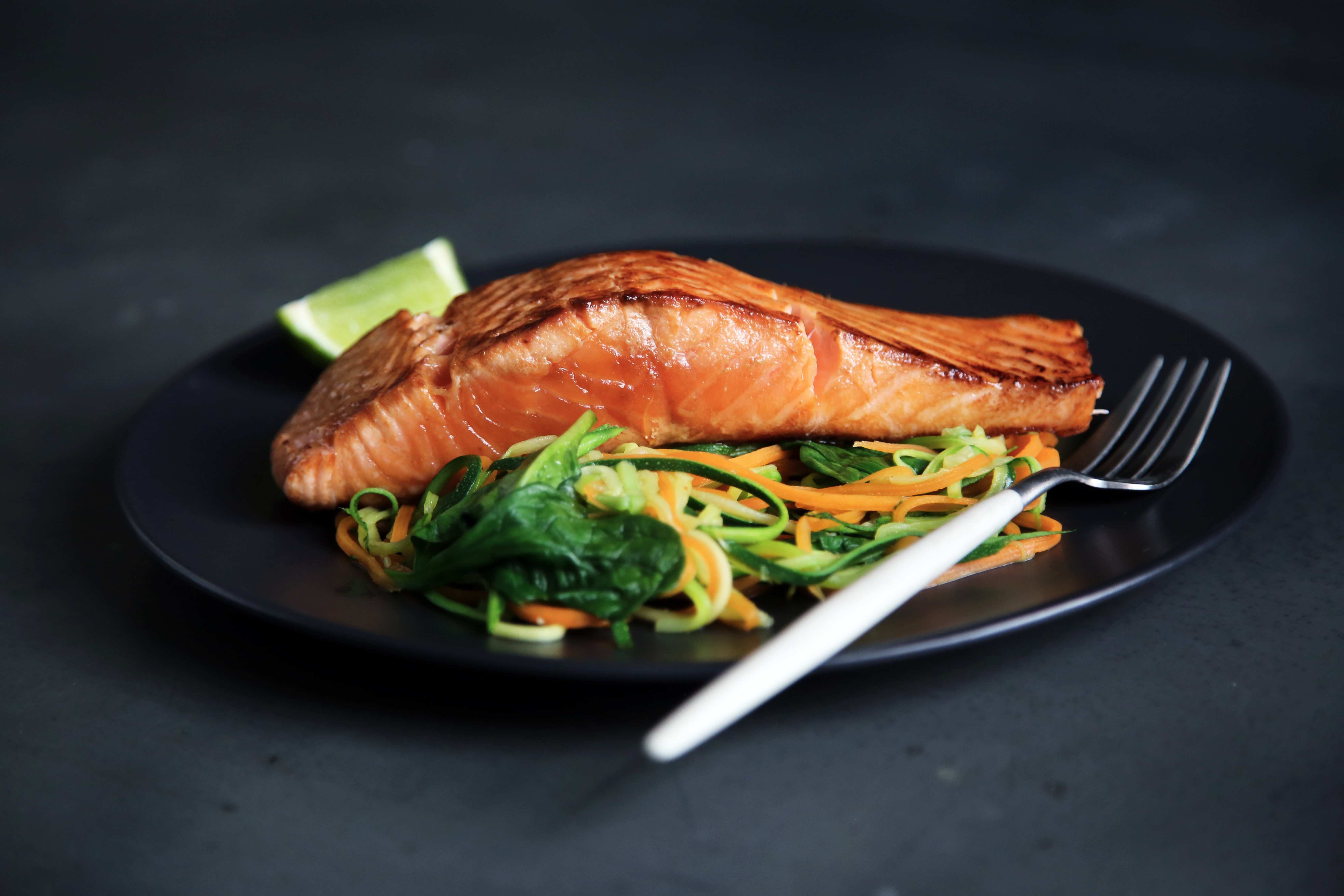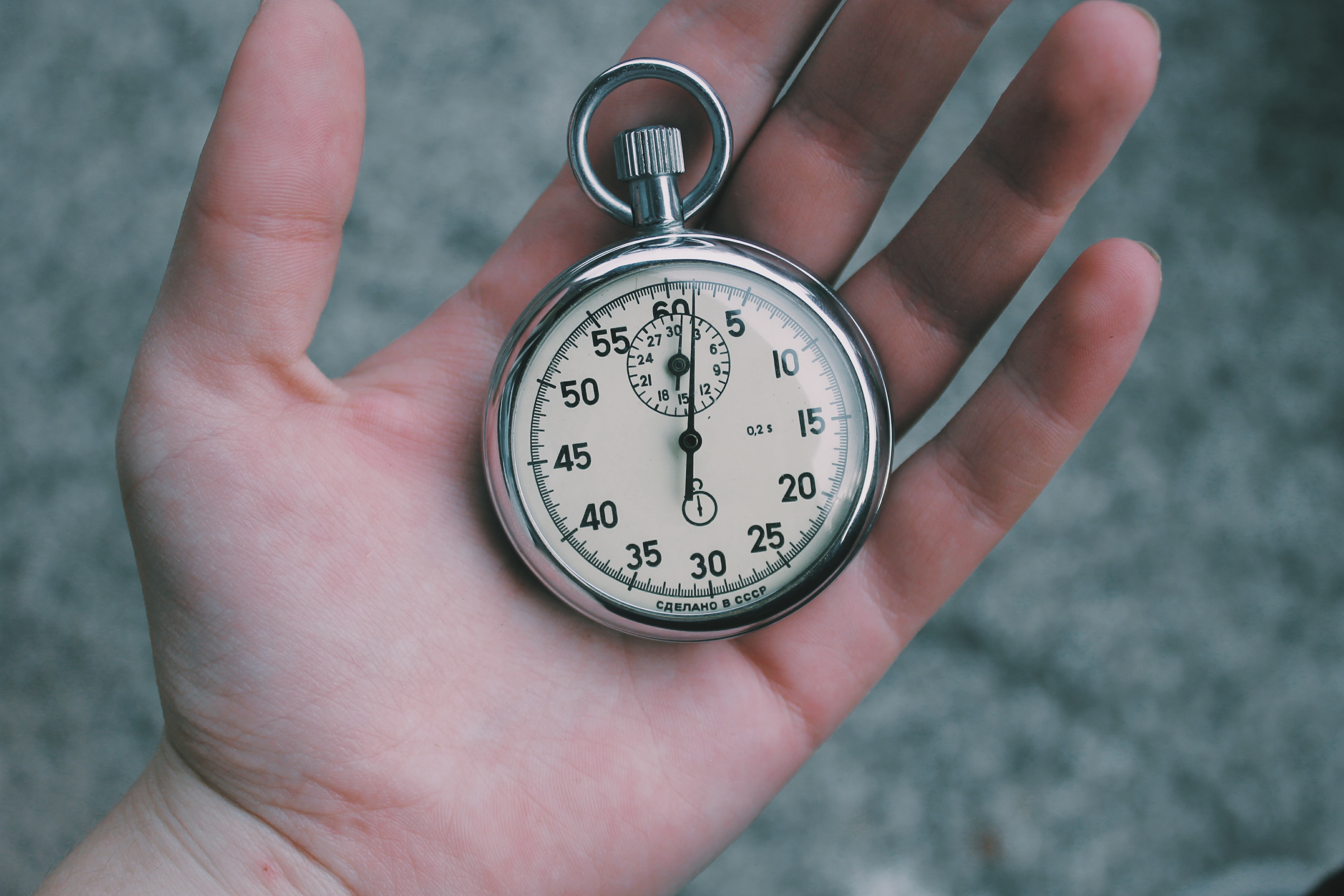Changing your diet may not seem like a hobby, but it does take up a large amount of what might otherwise be your free time.
Despite the amount of time and effort, changing your diet actually can be an enjoyable experience.
We all know that changing your diet requires a ton of trial and error, research, shopping and cooking. That said, changing your diet can actually be an exciting journey in the right direction for your overall health and wellness.
Who knows, changing your diet may turn out to be a fun new hobby while you learn and discover new foods and recipes.

There are so many benefits to finding the right diet for you and your lifestyle.
Whether it is your goal to lose weight, improve your mood or gain muscle and energy, the perfect diet for you is out there!
The following 6 diets are gaining popularity worldwide and for good reason...Which diet is best for you?
1.) The Keto Diet
We’ve all heard someone talking about how they “can’t eat this”, or they “can’t eat that” because they are “keto“. So, what does that mean?
The “keto” or “ketogenic” diet is relatively simple when you break it down.
The keto diet focuses on eating roughly 80% healthy fats while getting 10% or less of your daily calories from carbs.
The idea is to deplete your dependence on “glucose” or carbs for energy and put yourself into a metabolic state where you get your energy from healthy fats.
This metabolic state is called “ketosis”. When in a state of ketosis, the body burns fat at a much faster rate and your overall energy level is increased.

You may have seen many fancy keto products in the grocery stores lately, but the diet can be followed simply by focusing on reducing carbs and eating healthy fats.
Common Keto Foods: avocados, steak, salmon, eggs, plain yogurt, coconut oil, etc..
Foods to Avoid: sugars, beans, grains, dairy, snack foods, baked goods etc…
The keto diet has exploded in popularity and with popularity the amount of keto products available has grown. Check out a few of the many keto products available here…
2.) Whole 30
The “Whole 30” diet is essentially an elimination diet, best suited for people who have undiagnosed allergies or digestive ailments and are looking for a way to identify what those potential ailments may be.
The goal of the Whole 30 diet is to identify what foods may be giving you “tummy troubles” by first eliminating many food groups for one month (30 days) then one-by-one reintroducing those foods into your diet. When reintroducing these foods, you are meant to evaluate how you feel and identify which of these foods triggers your tummy troubles.
What foods do people typically eliminate on Whole 30?
Foods most people will eliminate include dairy, processed foods, grains, alcohol, legumes (beans), added sugars, snacks and junk foods.
What foods can I eat while I’m on the Whole 30 diet?
Foods that you should eat while on the Whole 30 diet include vegetables, seafood, unprocessed meats, fruits (in-moderation), eggs, nuts and seeds, coffee (no added milk or sweeteners)…
Be sure to check the labels at the grocery store as many unsuspecting foods may have sneaky added sugars!
Keep in mind, the Whole 30 diet is typically not a diet that people stick to for life. The Whole 30 diet is used as a tool to figure out what foods can be triggers for you so you can limit the intake of those foods in the future.
This helpful guide is the go-to book for all things Whole 30! Click here to check it out on Amazon…
3.) Mediterranean Diet
The Mediterranean Diet focuses on the traditional diet of those living in the Mediterranean area of the world; consuming healthy fats plentiful in foods such as nuts, olives, and plant-based oils. Foods also include seafood about twice a week, beans, legumes, fruit, leafy greens, and whole grains daily.
The mediterranean diet also allows for a daily glass of wine!
Small amounts of dairy are allowed and red meat is consumed minimally.

People have been emulating and practicing the mediterranean diet for decades due to its many health benefits.
With a focus on whole, largely plant-based meals the mediterranean diet offers a large amount of B-vitamins and antioxidants and is touted as one of the healthiest diets in the world given the health and longevity of the people in the mediterranean region.
Foods to Eat: vegetables, nuts & seeds, olive oil, fruits, beans & legumes, whole grains etc…
Foods to Avoid: large amounts of red meat, sugars, white flour, processed junk foods.
4.) Vegan
Whether it’s for ethical reasons or for overall health, “going vegan” is likely the most challenging diet on our list.
The vegan diet cuts out any “animal products” including any and all meats, seafood, eggs, dairy etc…

What are the benefits of going Vegan?
One advantage of cutting meat and animal by-products from your diet is an increase in fiber-rich foods. An increase in fiber-rich foods can help your heart health as well as aid in digestion.
When done right, vegans also see the added benefit of higher-vitamin intake and lower saturated fat intake. This often results in lower rates of cardiovascular disease, diabetes and some cancers. People generally lose weight while on the Vegan diet.
What is the most difficult part of going Vegan?
The Vegan diet requires a lot of research and planning ahead of time to be sure you are getting the proper nutrients. Many vegans report needing to supplement their diet with added vitamins especially Omega-3 fatty acids, Vitamin D and Vitamin B12.
5.) Intermittent Fasting
Intermittent Fasting has gained a lot of popularity over the past year or so and you may have heard murmurs of this diet around the water cooler. So what is Intermittent Fasting?

What is Intermittent Fasting?
Intermittent fasting is not so much about what you consume, but when.
The idea is to reduce your “eating window’ during the day.
Most people eat breakfast, lunch and dinner at say, 8am, 12pm and 7pm respectively.
That is an eleven hour “eating window” in 24 hours.
Intermittent Fasting encourages you to reduce your eating window with a fast of 14, 16 or more extremely 20 hours.
For example, if you are choosing a 16 hour intermittent fast, you would eat your first meal at 9am and your last meal, dinner at 5pm. After 5pm, you would not eat anything again until breakfast the next day at 9am. This means that for 16 hours you are not eating, but a large amount of this time occurs while you are sleeping.
Why do people try Intermittent Fasting?
People try intermittent fasting for a variety of reasons, but mainly to focus on weight loss and cutting-out snacking. As long as you are disciplined, intermittent fasting is an easy way to simplify your diet and allow your digestive system a break.
Coupled with a healthy diet, reducing your eating window during the day with intermittent fasting can be a great way to cut calories, cut-snacking and in turn reduce your processed food intake.
6.) The Paleo Diet
The Paleo diet is based off of the idea that the diet of people during the Paleolithic era (roughly 10,000 years ago), is the simplest and healthiest diet option for modern humans.
A Paleo diet consists primarily of lean meats and fish, combined with whole vegetables, fruits, nuts and seeds. Foods that in the past could be obtained by hunting and gathering.
Paleo diet hypothesizes that many of the food based ailments that people suffer from today, arose with agriculture and the production of dairy products, legumes, grains and processed foods.
Farming and agriculture changed the course of the modern human diet by making dairy, grains, legumes and processed foods a staple of the modern human diet.
The paleo diet encourages people to go back to “eating like a caveman”, by simplifying their diets and focusing on eating lean, whole foods.
What to Eat – fruits, vegetables, nuts and seeds, lean meats (grass-fed), fish, oils etc…
What to Avoid – grains, legumes, dairy, refined sugar, salt, potatoes
For optimal health, we recommend coupling changing your diet with proper exercise such as swimming, walking or hiking.
Recommended Links:
- Keto Cookbook for Beginners Book (Amazon)
- Whole30: The 30-Day Guide to Total Health and Food Freedom Book (Amazon)
- The Complete Mediterranean Cookbook (Amazon)
- Zero Fasting Tracker (Great app for tracking your hours while intermittent fasting)
- Vegan For Everybody Cookbook (Amazon)
- Paleo Cookbook (300 Recipes) (Amazon)

